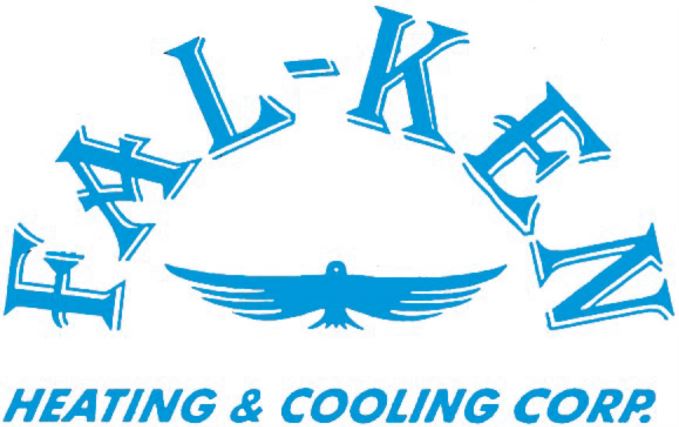
Ever done a double take when you checked your last energy bill? Even though high energy bills can be the consequence of intense weather conditions, consistently high bills can often indicate an inefficient HVAC system or your home is wasting energy by other means, including drafty windows or insufficient insulation.
One of the simplest ways to determine whether your home is wasting energy is by calling a home service expert to carry out a home energy audit, also called a home energy assessment. Keep reading to learn all about home energy audits, including what they are and their benefits.
What Is a Home Energy Audit?
An energy audit is a comprehensive inspection of how much energy your home uses and whether – and where – your home may be losing or wasting energy. An inspector will go through past energy bills in the course of an energy audit to find out where energy is being wasted and how much.
The overall goal of an energy audit is to help homeowners save money on their energy bills by recommending energy-efficient renovations, which can include exchanging your current HVAC system, putting in new insulation, sealing up leaks, or replacing loose windows.
While completing the energy assessment, the auditor also completes an inspection of the outside and inside of your home. The auditor completes a blower door test on doorways, windows and fireplaces to find out if there are air leaks in your home. They’ll also check your home’s HVAC system, which also includes the ductwork, the water heater, and the insulation in your attic. Exhaustive assessments may also include reviewing your current lighting system.
Benefits of a Home Energy Audit
It can be difficult for the average homeowner to know for certain how efficient their home is versus other similar homes in their area. However, lots of energy companies often offer information about where your home is ranked in comparison to similar homes and whether it’s more efficient, about average, or inefficient compared to your neighbors’ homes. This is a useful starting point to decide if you need an energy audit performed.
Some of the benefits of a home energy audit include:
Recognizing How Efficient Your Home Is
It’s worthwhile to know how efficient your home is and where you’re using up the most energy. For example, if your ducts are leaking air, it could cause a large increase in your energy bills and additional wear and tear on your HVAC system as it has to run longer to fully heat or cool your home.
Making Energy-Efficient Improvements
An energy audit can expose where you need to make energy-efficient upgrades to cut back on energy and lower utility bills. This can include replacing worn weatherstripping or installing a new energy-efficient furnace.
Enhancing Health and Safety
Permitting air to leak into your home through doors and windows, or as a result of a lack of insulation can cause extra moisture to appear, which could negatively affect your home’s humidity levels or lead to mold. This can lead to health problems, particularly for people dealing with asthma or allergies.
Adding to Your Home’s Retail Value
Energy-efficient homes are preferred by homebuyers. You can sell your home sooner or for more money by telling prospective buyers that it’s energy efficient.
How to Complete an Energy Audit of Your Home
Although handling an energy audit by yourself may not be as thorough as choosing a professional, it’ll offer you a general understanding of how energy efficient your home is. If you don’t find any flaws during the DIY test, then you potentially don’t need to hire a professional. Follow this step-by-step checklist:
- Review your HVAC system. Broken ducts can lose nearly 20% of conditioned air, leading to steeper energy bills and increased wear and tear on HVAC equipment. If you discover leaks, use duct tape to seal them. If your HVAC equipment is old and wearing down, upgrading to a new system can save you a significant amount on your energy bills. In some cases, it is better to call a reputable HVAC company to inspect your system.
- Watch for signs of air leaks. Air leaks on average can raise the energy bills by 10 to 20%. Inside, look for air leaks in areas where there could be a draft, including along the edge of flooring and near baseboards and electrical outlets. Outside, you can inspect for air leaks around the home’s foundation, siding and mortar. Plug, caulk or seal any air leaks to save money.
- Inspect insulation. If your home is older, it could mean your insulation is too. If you can see the joists, you likely need more insulation.
- Check ventilation. Check that all of your kitchen and bathroom exhaust fans are functioning properly, and check for evidence of rot or moisture.
Contact Fal-Ken Heating & Cooling Corporation for a Professional Energy Audit
If you want professional help figuring out how energy efficient your heating and cooling equipment is, contact the HVAC experts at Fal-Ken Heating & Cooling Corporation today. We’ve proudly serviced the residents of Holbrook with quality home services for years. Contact us today to schedule an appointment.
